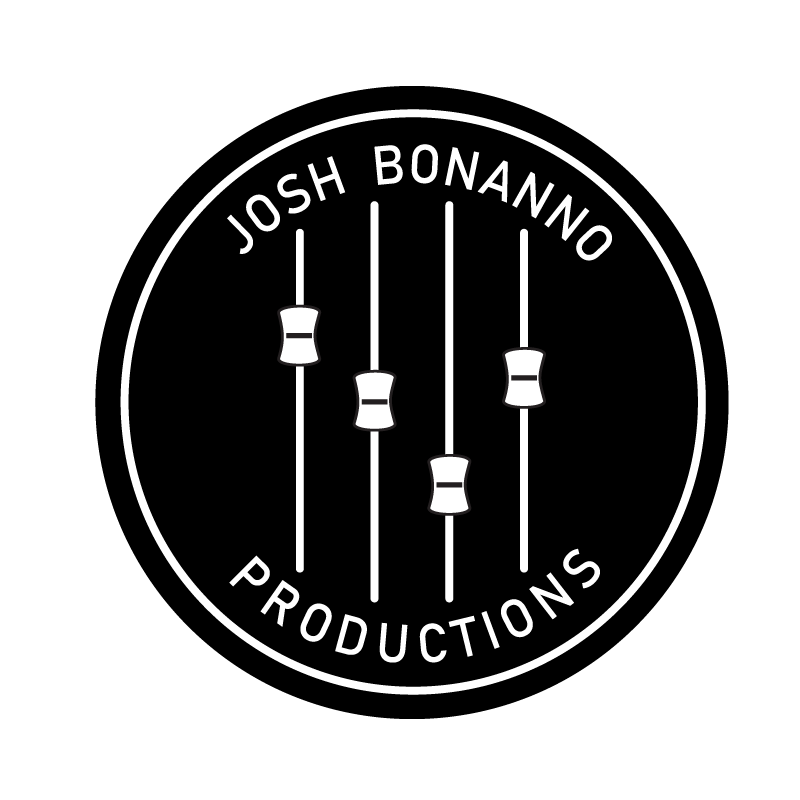I love memes as much as the next guy, so when a friend sent this to me, I laughed at how true it felt.
Lets be honest.
As a full-time, freelance mixing engineer, there are days (and sometimes weeks) where I don’t have anything on my calendar. Yes, it can be terrifying. And yes, it’s certainly enough to make me question almost every decision I’ve made as a professional. However, through this journey, I’ve learned and discovered a few things that have helped me, and maybe they can help you as well.
Being slow is normal.
Like everything in life, you can’t have the good without the bad. Without slow times, you would have nothing to measure against your busy times. While that may not be very comforting in a lagging business period, it’s an important frame of mind to set for life. It’s the foundation for having a balanced reaction when making decisions. It will ensure you’re positive in slow periods and equally, it will keep you grounded and level-headed in times of achievement and success.
Work is not slow, money is slow.
The most important mental shift for me was this realization; work is not slow. There’s always plenty of work to do. What is slow, is the income of money. Making that switch in your mind is the difference between spending your “slow times” on the couch watching Netflix, and waking up, getting dressed and showing up to work regardless of what money is coming in. The 10,000-hour rule doesn’t just apply to work that you’re getting paid for. You’re not limited to working on things with a paycheck involved. Revenue is needed to make a living, but if you’re actively working and making things happen without chasing a quick buck, opportunities to earn while doing the work you want will be more likely to present themselves.
Make your own work.
The beautiful thing about working in a creative field is that you get to create. This is separate from needing someone to pay you, and there is no limit on the amount of creative work that needs to be done. There will always be another song to write, picture to paint, or video to shoot. Art’s value is not defined by the price paid to make it. Even if you’re not being paid to create, it doesn’t mean that your art isn’t valuable. It is also possible for you to monetize and profit off of the work you do later in your career.
Practice, so you’re ready for work.
By continuing to work at every opportunity, you’re preparing yourself. You’re getting ready. It is the same reason I would trust a surgeon who has performed 10,000 surgeries far more than one who has only once operated on a patient. I’m not concerned with how much the surgeon is being paid. I’m interested in his experience. This doctor has been in these situations 10,000 times more than the other doctor, and chances are, he’s going to be more skilled at his craft because of it. By showing up and working every day, you’re setting yourself up to succeed later. You are learning and honing your skills which will continue to make you better at what you do and ensure that you will be able to properly help your ideal client when they do come to you looking for help.
Rest.
While work is important, rest is equally critical. It’s easy to be overworked at times, especially when the money is flowing in and deadlines are present. I also find that in the creative industry, normal working hours (and healthy amounts of physical and mental rest) are uncommon. Rest does not need to take away from you honing your craft. It’s important to make sure it’s scheduled, but it is essential to prioritize this much-overlooked ingredient of creative energy.
To conclude
While not the most exciting or glamorous part of business, slow times are normal. They’re part of the process and will never go away. Learning how to adapt and healthily handle these times will be the key to ensuring you’re always at the top of your game and ready for whatever comes.

